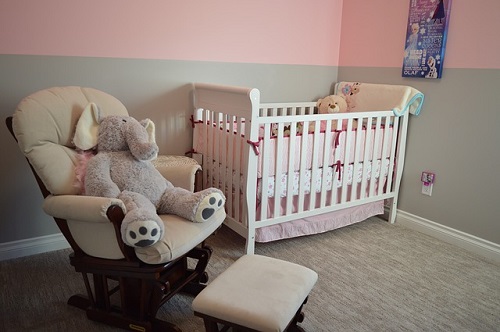MA Hospital Research Makes SIDS a Little Less Mysterious

Laura Rosbrow-Telem-Commonwealth News Service
BOSTON – October is Sudden Infant Death Syndrome Awareness Month, and a hospital may be on the way to early diagnosis for some infants.
Sudden Infant Death Syndrome (SIDS) happens when a baby can’t wake up during REM sleep when facing a modest threat to his or her breathing, such as loose bedding or sleeping face down.
Experts in the Roberts Program at Boston Children’s Hospital are beginning to understand the brain functions in many of these infants.
Dr. Rick Goldstein, who directs the program, said the research suggests around 40% of SIDS infants had low levels of serotonin in the part of the brain that controls breathing.
“Someday,” he said, “you might be able to include a test for serotonin on your newborn screen and find children who are at risk.”
This insight could pave the way for a diagnostic tool at birth, such as a blood test. But Goldstein said the research is in its beginning stages. The Roberts Program also has developed a 250-plus gene panel linked to potentially fatal conditions that can cause sudden death in children and infants. They think a number of different genes put infants at greater risk for SIDS.
The safest sleep environment for infants is on their backs and without loose bedding. Goldstein said another 40% of SIDS cases fall under one large biological group.
“Equivalent numbers of infants have these findings in the brain that are elsewhere described as part of epilepsy,” he said.
Goldstein said signs of epilepsy can affect a baby’s ability to wake up. The Roberts Program focuses on helping any family whose child has died from SIDS or unexplained causes, including grieving resources and post-mortem analysis.
More information is online at childrenshospital.org.
